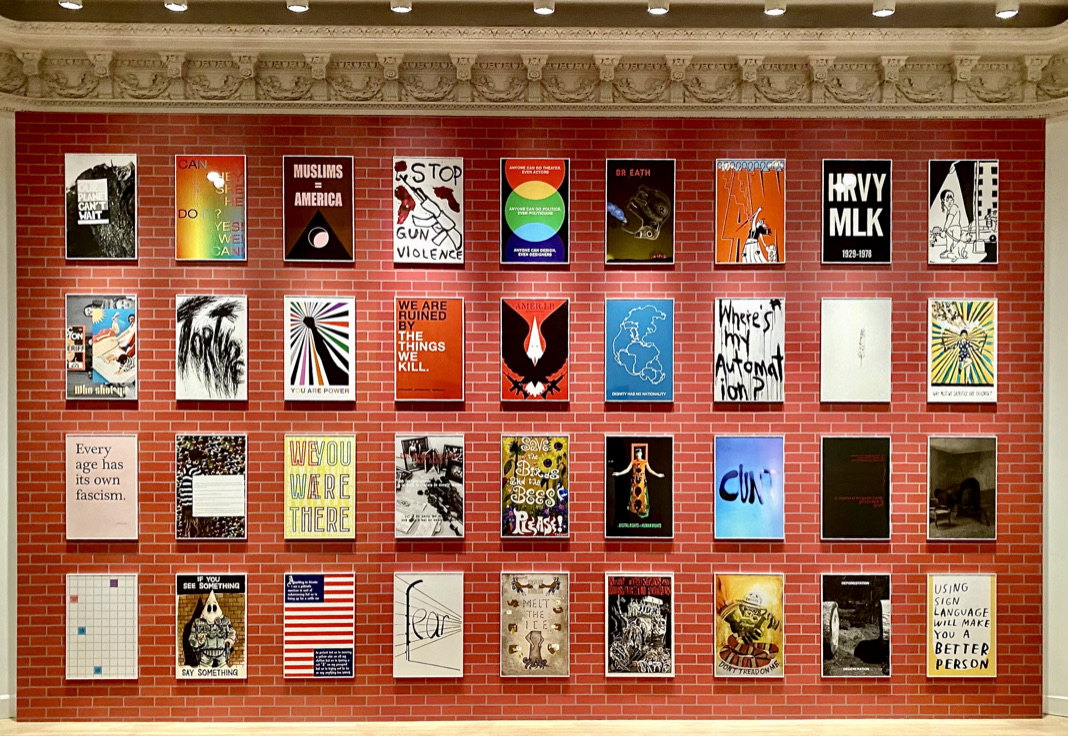Learning through obstacles in an interprofessional team meeting
A discursive analysis of systemic contradictions
DOI:
https://doi.org/10.7146/ocps.v21i02.120891Keywords:
cultural-historical activity theory, dialogism, team meeting, interprofessional collaboration, expansive learning, discourse analysis, professional learningAbstract
Drawing both on cultural-historical activity theory and on a dialogical approach to discourse, this article expands a method of analysis developed by Engeström & Sannino (2011) to capture discursive manifestations of contradictions in an activity system.
The data consist of recorded meetings of an interprofessional team working with persons living with both a mental handicap and psychiatric disorders. The mission of this team is to coordinate socio-educative and psychiatric work. A sequence taken from one of these meetings was submitted to a step-by-step discourse analysis and examined how the participants negotiated and managed the obstacles met with in their daily work.
The analysis showed how an initial obstacle presented as a conflict was gradually turned into a critical conflict and finally into a dilemma between two rules: professional confidentiality and transparency towards the patient. It showed how the participants collectively coped with this dilemma, and came to define it as a problem related to work organisation, and not only to interpersonal relationships.
The study shows the importance of discourse processes in collaborative work and in fostering professional learning and focus upon discourse processes through which team members deal with obstacles in their daily work and to provide a fine-grained analysis of systemic contradictions.
References
X & Author 2, 2018
Clot, Y. (2008). Travail et Pouvoir d’Agir [Work and Agency]. Paris, France : Presses Universitaires de France.
Clot, Y. (2009). Clinic of activity: The dialogue as instrument. In A. Sannino, H. Daniels, & K. Gutierrez (Eds.), Learning and expanding with Activity Theory (pp. 286-302). Cambridge: Cambridge University Press.
Clot, Y. & Kostulski, K. (2011). Intervening for transforming: The horizon of action in the Clinic of Activity. Theory & Psychology, 21, 681-696. doi.org/10.1177/0959354311419253
Corbin, J. M. (1998). The Corbin and Strauss Chronic Illness Trajectory model: An update. Scholarly Inquiry for Nursing Practice: An International Journal, 12(1), 33-41.
Daniels, H. & Warmington, P. (2007). Analysing third generation activity systems: labour‐power, subject position and personal transformation, Journal of Workplace Learning, 19(6), 377-391. 10.1108/13665620710777110
Edwards, A. (2005). Relational agency: Learning to be a resourceful practictioner. International Journal of Educational Research, 43, 68-182. 10.1016/j.ijer.2006.06.010
Edwards, A. (2010). Being an expert professional practitioner. Oxford, GB: Springer.
Edwards, A. & Daniels, H. (2012). The knowledge that matters in professional practices. Journal of Education and Work, 25(1), 39-58. 10.1080/13639080.2012.644904
Edwards, A. & Mackenzie, L. (2005). Steps towards participation: The social support of learning trajectories. International Journal of Lifelong Education, 24(4), 287-302. doi.org/10.1080/02601370500169178
Engeström, Y. (1987). Learning by expanding: An Activity-theoretical approach to developmental research. Helsinki, Finland: Orienta-konsultit.
Engeström, Y. (1999). Innovative learning in work teams: Analyzing cycles of knowledge creation in practice. In Y. Engeström, R. Miettinen, & R.-L. Punamäki (Eds.), Perspectives on activity theory (pp. 377-404), Cambridge, MA: Cambridge University Press.
Engeström, Y. (2008). From teams to knots. Studies of collaboration and Learning at work.Cambridge, MA: Cambridge University Press.
Engeström, Y & Middleton, D. (Eds.). (1996). Cognition and communication at work. Cambridge, MA: Cambridge University Press.
Engeström, Y. & Sannino, A. (2011). Discursive manifestations of contradictions in organizational change efforts. Journal of Organizational Change Management, 24(3), 368-387. doi.org/10.1108/09534811111132758
Grosjean, M., & Lacoste, M. (1999). Communication et intelligence collective [Communication and collective intelligence]. Paris, France : Presses Universitaires de France.
Author 2 & X, 2011
Autor 2, X, & Author 1, 2012
Author 2, 2015
Hall, C., Slembrouck, S., & Sarangi, S. (2006). Language practices in social work. Categorisation and acountability in child welfare. London, GB: Routledge.
Hjörne, E., & Säljö, R. (2014). Analysing and preventing school failure: Exploring the role of multi-professionality in pupil health team meetings. International Journal of Educational Research, 63, 5-14. doi:http://dx.doi.org/10.1016/j.ijer.2012.09.005
Kloetzer, L., Clot, Y., & Quillerou-Grivot, E. (2015). Stimulating dialogue at work: The activity clinic approach to learning and development. In L. Filliettaz, and S. Billet (Eds.), Francophone perspective of learning through work: Conceptions, traditions and practices (pp. 49-70). Bern, Switzerland: Springer.
Lave, J. & Wenger, E. (1991). Situated Learning. Legitimate peripheral participation. Cambridge, MA: Cambridge University Press.
Linell, P. (2009). Rethinking Language, Mind, and world dialogically. Charlotte, NC: Information Age Publishing.
Ludvigsen, S., Lund, A., Rasmussen, I., & Säljo, R. (Eds.). (2011). Learning across sites. New tools, infrastructures and practices. Abingdon, GB: Routledge.
Mäkitalo, A. (2012). Professional learning and the materiality of social practice. Journal of Education and Work, 25(1), 59-78. doi:10.1080/13639080.2012.644905
X, Y, author 2 & Z, 2007
Mondada, L. (2011). Understanding as an embodied, situated and sequential achievement in interaction. Journal of Pragmatics, 43, 542-552.
Pekarek Doehler, S., Bangerter, A., & Weck, G. d. (Eds.). (2017). Interactional competences in institutional settings. From school to the workplace. London, GB: Palgrave Macmillan.
Radley, A., & Billig, M. (1996). Accounts of health and illness: Dilemmas and representations. Sociology of Health and Illness, 18(2), 220-240.
Author 1, 2015
Strauss, A., Fagerhaugh, S., Suczek, B. & Wiener, C. (1985). Social organization of medical work. Chicago: University of Chicago Press.
Vygotsky, L.S. (2012). Thought and language. Cambridge, MA: MIT Press. (Original work published 1934).
Wenger, E. (1998). Communities of practice: Learning, meaning and identity. Cambridge, MA: Cambridge University Press.
Downloads
Published
How to Cite
Issue
Section
License
From issue no. 1 2022 and onward, the journal uses the CC Attribution-NonCommercial- Share Alike 4.0 license (https://creativecommons.org/licenses/by-nc-sa/4.0/) The authors retain the copyright to their articles.
The articles published in the previous 37 issues (From Vol. 1, no. 1, 1999 to Vol. 22, No. 1, 2021, are published according to Danish Copyright legislation. This implies that readers can download, read, and link to the articles, but they cannot republish these articles. The journal retain the copyright of these articles. Authors can upload them in their institutional repositories as a part of a green open access policy.




